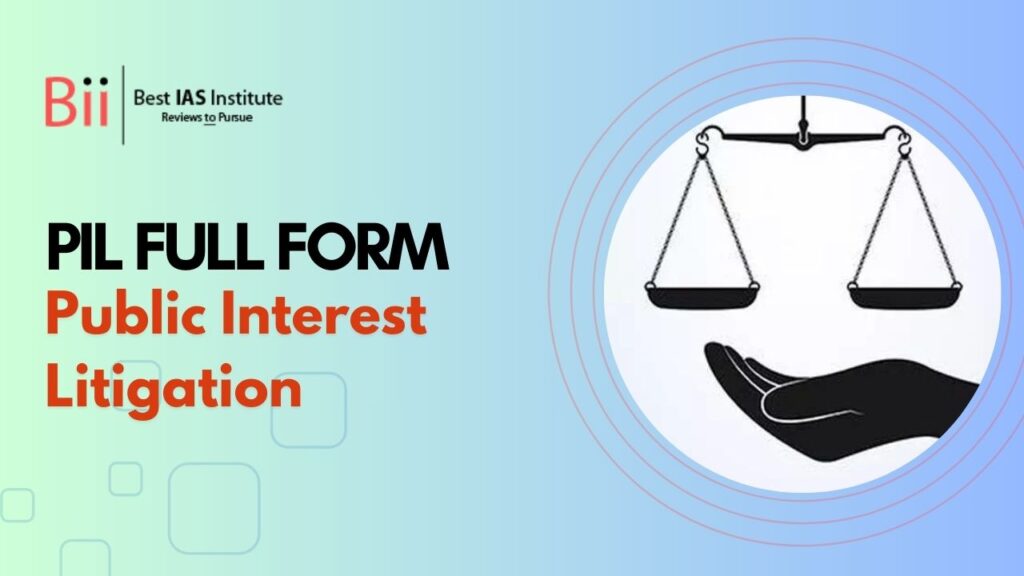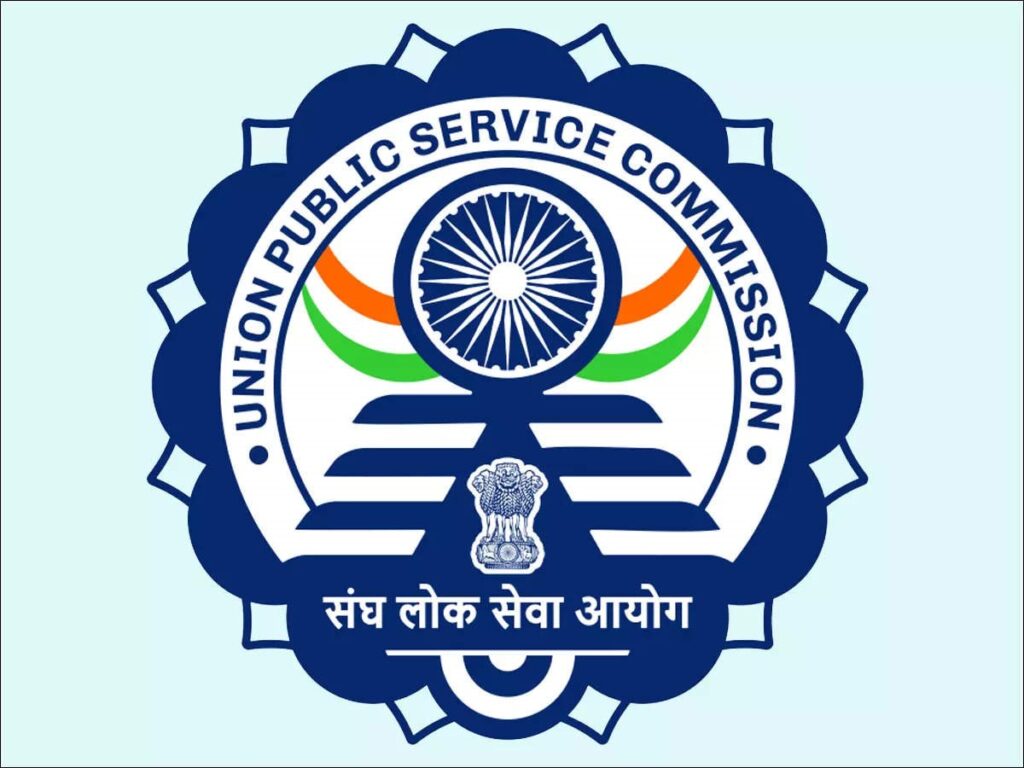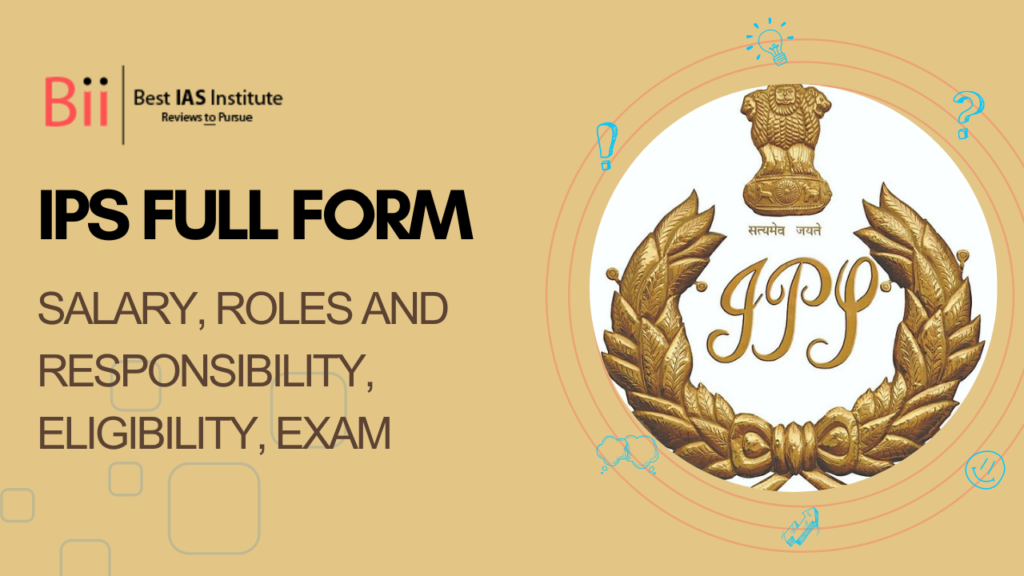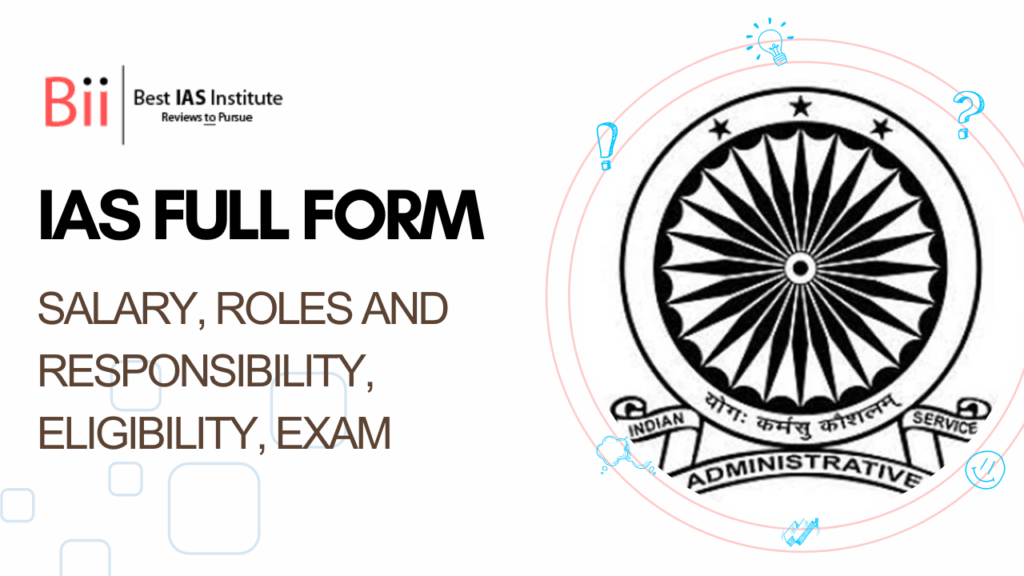What is PIL full form?

The PIL full form is Public Interest Litigation and it is an action which is legal and taken by an individual or group of individuals to address a matter of public interest or concern. Public Interest Litigation is a legal action which is initiated in a court of law for the public interest or general interest in cases where the aggrieved party might be unable to seek legal redress. Public Interest Litigation or PIL is used to address the issues that affect not just an individual or a specific group of people but have implications for the public or society.
| PIL Full Form | |
| PIL Full Form in English | Public Interest Litigation |
| PIL Full Form of PIL in Hindi | जनहित याचिका |
| PIL Meaning | It is the Legal mechanism that allows individuals or groups to address issues of public importance and seek remedies for the larger benefit of society. |
| Scope | Public Interest Litigation focuses on matters affecting public interest, transparency, accountability, and human rights. |
Meaning of Public Interest Litigation (PIL)
Public Interest Litigation refers to a legal action initiated in a court of law for the protection of public interest and generally by an individual or non-governmental organization it is a NGO and the primary objective of Public Interest Litigation is to ensure justice for the underprivileged, or disadvantaged sections of society and to promote the welfare of the public at large.
History of Public Interest Litigation (PIL)
The first Public Interest Litigation filed by G. Vasantha Pai in the Madras High Court and this case was against the sitting chief Justice of that time and for he had forged his date of birth to avoid compulsory retirement at 60 was dismissed as the chief Justice resigned from his post and Kapila Hingorani filed the second case in 1979 to address the conditions of prisoners in the jail of Bihar which was submitted to the supreme court of India and was headed by Justice P.N. Bhagwati’s third case was also famous under the name of a prisoner and was known as Hussainara Khatoon.
Laws of Public Interest Litigation (PIL)
Following are specific laws and provisions for Public Interest Litigation but it may vary by jurisdiction and in India, Public Interest Litigation are primarily governed by the constitutional provisions and procedural laws of the country.
- Article 32 and Article 226 of the Constitution: The jurisdiction upon the Supreme Court and High Courts, respectively and such as habeas corpus, certiorari, prohibition, and quo warranto can be issued by the courts for the enforcement of fundamental rights and to remedy injustices.
- Judiciary’s Expansive Interpretation: The Indian judiciary has interpreted Article 32 and Article 226 include Public Interest Litigation and in the interpretation enables individuals or groups to approach the courts for the enforcement of not just their own rights but also for public interests with larger societal.
- Relaxation of Locus Standi: The petitioner is required to have a direct and personal interest in the case which is called locus standi.
- Concept of Public Interest : Public Interest Litigation must relate to the issues of public interest and which means they affect a significant section of society and for broader perspective helps the court take that might not be directly brought to its attention otherwise.
Function of Public Interest Litigation (PIL)
Following are the Public Interest Litigation several important functions in a democratic society which aimed at promoting justice are given below;
- Access to Justice: Public Interest Litigation offers a platform for individuals and groups who may not have the means or resources to approach the courts individually and bridges the gap between marginalized sections of society.
- Promoting Social Justice: Public Interest Litigation focuses on various issues that affect the marginalized and oppressed sections of society and they help in addressing inequalities and their injustices by advocating for equitable treatment with the social reforms.
- Accountability and Transparency: Public Interest Litigation which holds authorities and institutions with the governments accountable for their actions or inactions and they require to ensure that public officials and institutions fulfil their responsibilities towards the welfare of the society.
- Advocating Public Interest: Public Interest Litigation provides the matters of public concern and the importance that might not have been addressed and they bring attention to systemic problems, needing forms and related issues.
- Environmental Protection: Public Interest Litigation has played a pivotal role in environmental protection by addressing issues such as pollution,waste management, deforestation and conservation and they ensure that ecological balance and sustainability are considered in the development projects.
Global Representative of Public Interest Litigation (PIL)
Public Interest Litigation has national boundaries and garnered significant attention on the global stage as a powerful tool for promoting social justice with addressing the systemic issues and In India, Public Interest Litigation has promoted transparency and accountability in governance and Supreme Court Public Interest Litigation has transformed the Indian legal landscape and some cases like Vishaka v. State of Rajasthan (1997) highlighted with the importance of addressing workplace sexual harassment and leading to the formulation of guidelines for the workplace.
Conclusion
The full form of PIL is Public Interest Litigation which refers to the law action or use to encourage or increase the question of public concern for equality and their human rights and government-interest legal action or other act for the public’s good. In India, Judicial proceedings shall be brought before a court of law to exercise the interests of the public or the general welfare or where an individual’s legal rights or liabilities are affected and Public Interest Litigation may be filed by any person or a group of individuals and Public Interest Litigation plays a crucial role in promoting social justice and the welfare of the public by addressing systemic issues through judicial intervention. In this article, we have discussed the full form of PIL which stands for Public Interest Litigation and related information.
Also Read:
CSIR Full Form
UPSC Full Form
NET Full Form
NITI Full Form
ED Full Form
UCC Full Form
IC Full Form



